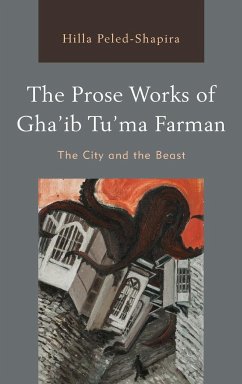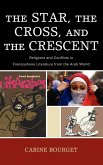Peled-Shapira explores the connections between politics, society and literary expression in the works of the Iraqi writer Gha'ib Tu'ma Farman (1927-1990). As the first Iraqi to have composed a modern novel, a perusal of Farman's oeuvre reveals the artistic techniques through which he depicts the complex relationship between the Leftist intelligentsia and the Iraqi regime in the middle of the twentieth century, a period that for the former meant persecution and exile. Peled-Shapira examines Farman's involvement with Communism and the way he documents the Leftist intellectuals' agenda through literature. At the same time she offers a new detailed reading of his virtuoso use of the Arabic language. This book presents an in-depth study of the unique metaphors and the image of Baghdad, which play a prominent role in Farman's works, and hence paves the way to a better understanding of how this prolific writer coped with the predatory regime and his own inner world. The insights on the theme of exile in the book can also be applied on the lives of other intellectuals in the period in question, in and outside Iraq alike.
Hinweis: Dieser Artikel kann nur an eine deutsche Lieferadresse ausgeliefert werden.
Hinweis: Dieser Artikel kann nur an eine deutsche Lieferadresse ausgeliefert werden.








